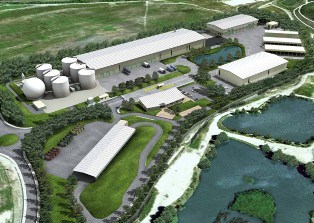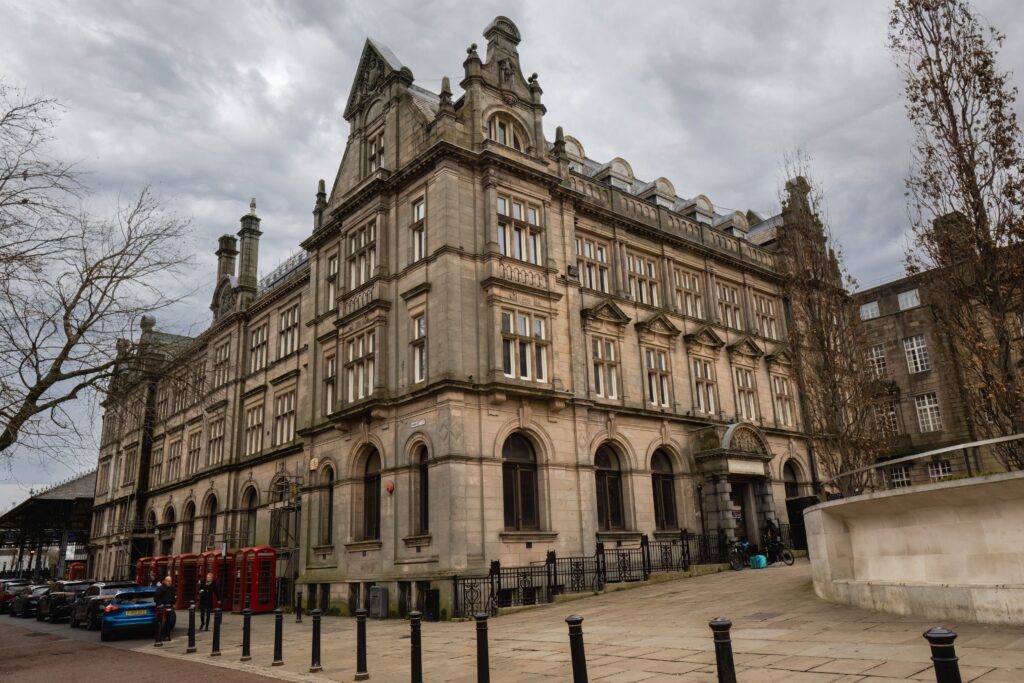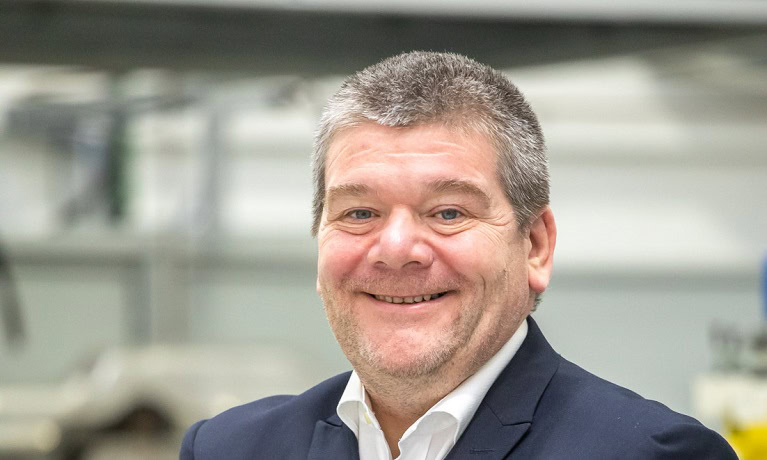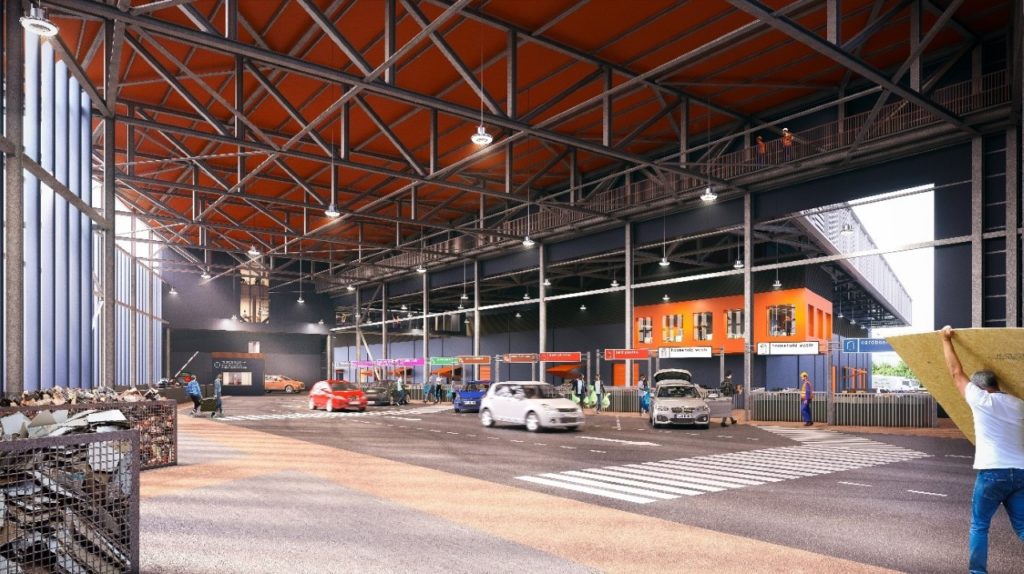Under the contract, signed on Friday (January 11), Shanks will build a residual waste treatment facility at South Kirkby, West Yorkshire. The facility will process up to 230,000 tonnes ofresidual waste from homes in Wakefielda year using mechanical sorting, autoclave and anaerobic digestion technology.

The contract is being supported by the UK Green Investment Bank (UK GIB) which has provided finance alongside other commercial banks for the construction and operation of the waste treatment infrastructure.
UK GIB is providing up to 30.4 million of senior debt while Barclays, BayernLB from Germany and Sumitomo Mitsui Banking Corporation from Japan will together provide a total of 121.7 million.
Councillor Peter Box CBE, leader of Wakefield council, said the deal with Shanks would bring jobs and investment to the district as well as improve the service offered to residents.
He said: It gives us the opportunity to safeguard jobs of current employees who work in this area and provide new jobs in one of the most deprived areas in the district with the building and opening of the new waste treatment plant in South Kirkby. We are looking forward to working with Shanks and to making a real difference to waste management in this district.
‘Delighted’
Peter Dilnot, chief executive of Shanks Group, said: We are delighted to have signed this contract with Wakefield council and look forward to working with the authority and local residents to increase their diversion from landfill. Our solution will help them make more from the waste they produce by increasing recycling, generating green energy and producing compost for land remediation and use by residents.
We are excited that the Green Investment Bank has chosen this project as one of its first major investments, which will see Shanks draw on experience from across our Group to deliver a genuinely sustainable solution.
Technology
The South Kirkby facility will segregate a variety of materials from residual waste for recycling, including metals, some plastics, aggregates and glass. It will then sort the remaining waste into an organic fraction and a fraction to produce refuse derived fuel. The fuel will be sent to a multi-fuel plant being developed by SSE at the site of the nearby coal-fired Ferrybridge Power Station.
The organic fraction of the waste will meanwhile be treated using an autoclave, which has already been built and which Shanks said had undergone rigorous testing. The autoclave will further separate out metals, hard plastics and glass for recycling before sterilising the material. It will then be fed into a 65,000 tonnes per annum anaerobic digestion (AD) plant where it will be converted into gas for renewable energy generation and also a digestate. It is estimated that the facility will generate enough electricity to power up to 3,000 homes.
Shanks estimates that the 90% of the waste fed into the facility will be recovered and recycled with the remaining 10% sent to landfill.
“It [the contract] gives us the opportunity to safeguard jobs of current employees who work in this area and provide new jobs in one of the most deprived areas in the district with the building and opening of the new waste treatment plant in South Kirkby.”
– Councillor Peter Box CBE, leader of Wakefield council
A separate onsite materials recycling facility (MRF) will sort mixed recyclables collected from Wakefields households. The technology for the MRF will be provided by Canadian manufacturer Machinex.
Green waste will be processed at an enclosed composting facility. The product of this process will be used for improving land remediation schemes across Wakefield, with a proportion being made available to the wider market as well as local residents.
Wakefield council said the facilities will help to increase its recycling rate to a minimum of 52%. The council achieved a recycling rate of 39.3% in 2011/12.
Contract
In addition to the various technologies on site, Shanks will also take over a network of Household Waste Recycling Centres (HWRCs), transfer stations and bring sites within the Wakefield district, as well as building a visitors centre at the South Kirkby site, to be used for the purpose of waste education and the promotion of waste minimisation.
The contract will see approximately 250 people recruited to work on construction of the new facilities and a further 60 permanent positions created.
Commenting on the financing of the infrastructure by the Green Investment Bank, Lord Smith of Kelvin, chair of UK GIB, said: We are delighted to support Shanks in this project which is one of our first investments in this sector. Each year the UK generates approximately 190 million tonnes of waste, which causes environmental damage and costs businesses and consumers money. The UK Green Investment Bank is committed to reducing the amount of waste which goes to landfill, supporting the UK in its transition to a low carbon economy, whilst driving a commercial return for the bank.
Delayed
The signing of the contract in Wakefield has been delayed for a number of years. VT group had originally been named preferred bidder for the deal in 2007, with the contract expected to be signed by late 2010. However the signing was pushed back and VT was taken over by Babcock in July 2010.
In February 2011, Shanks was appointed to form a partnership with Babcock (see letsrecycle.com story) however a Shanks spokeswoman said today (January 14) that at the time of financial close Babcock was no longer involved in any negotiations and would not be fulfilling the contract going forward.
Waste infrastructure credits of 33 million are being provided by the government to finance the development of new facilities.









Subscribe for free